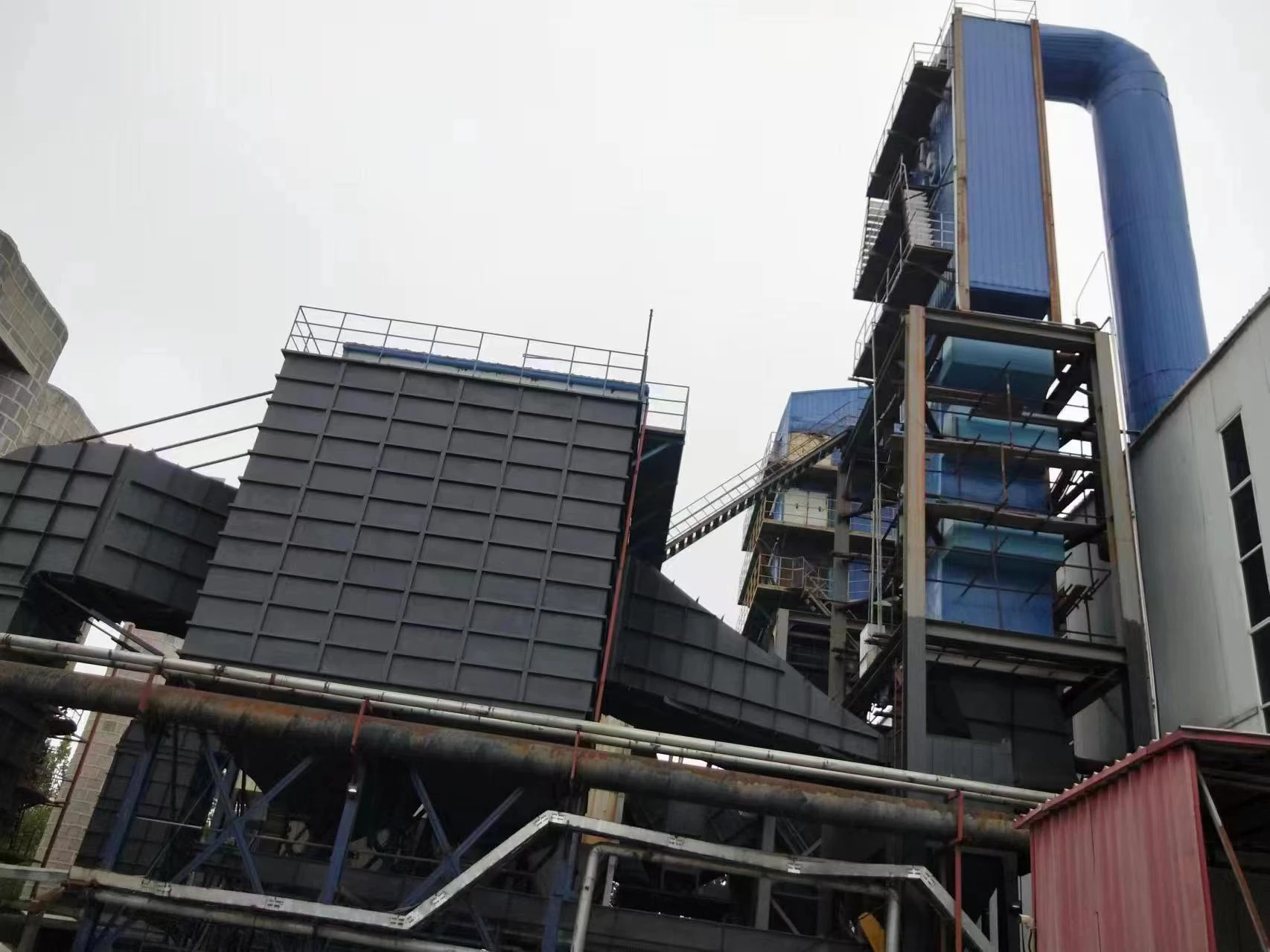
Nov . 11, 2024 23:01 Back to list
how to flush a hot water boiler
How to Flush a Hot Water Boiler
Flushing a hot water boiler is an essential maintenance task that ensures the efficient operation of the system while extending its lifespan. Over time, sediments and mineral deposits can accumulate in the boiler, which can affect its performance and safety. This article will guide you through the steps necessary to properly flush your hot water boiler.
Why Flush Your Boiler?
Flushing your boiler helps remove accumulated sludge, sediment, and minerals that can inhibit heat transfer and lead to overheating. If left unaddressed, these deposits can cause corrosion and potentially lead to costly repairs. Regular maintenance, including flushing, can help maintain your boiler's efficiency and reduce energy costs.
Tools and Materials Needed
Before you begin flushing your hot water boiler, gather the necessary tools and materials - A garden hose - A bucket or container (if needed) - A flat-head screwdriver or wrench - Safety goggles and gloves - A drain valve key (if applicable)
Steps to Flush Your Hot Water Boiler
1. Turn Off the Boiler Before performing any maintenance, ensure that the boiler is turned off. Find the power switch or disconnect it from the power source. Allow the system to cool down completely for your safety.
2. Locate the Drain Valve Identify the drain valve at the bottom of the boiler. This valve is usually a threaded valve that can be opened to drain water from the boiler.
how to flush a hot water boiler

3. Connect the Hose Attach a garden hose to the drain valve. Ensure that the other end of the hose is directed to a suitable drain, such as a floor drain or outside. This is crucial for preventing water from pooling around the boiler area.
4. Open the Drain Valve Use the flat-head screwdriver or wrench to open the drain valve slowly. You might hear water starting to flow through the hose. Ensure that you are wearing safety goggles and gloves to protect yourself from potential hot water splashes.
5. Flush the Boiler Allow the water to drain completely. In many cases, you will see sediment and debris evacuating along with the water. Once the water runs clear, you can pause and close the valve to allow the boiler to fill back up.
6. Fill the Boiler with Fresh Water After draining, you need to refill the boiler with fresh water. Close the drain valve and open the water supply valve to fill the boiler. Monitor the process until the water level reaches the appropriate level according to your boiler's gauge.
7. Vent Air Out It’s essential to purge any trapped air from the system. Locate and open the air release valves on the radiators or at the highest point of the boiler until water flows out steadily. This ensures that no air pockets are present, which can impede heat distribution.
8. Check for Leaks Inspect the drain valve and connections for any leaks after the flushing process. If you notice any leaks, tighten the fittings as necessary.
9. Restore Power to the Boiler Finally, restore power to the boiler and monitor its operation. Listen for any unusual sounds and check the temperature and pressure gauges to ensure everything is functioning correctly.
Conclusion
Flushing your hot water boiler is a straightforward process that can greatly enhance its performance and longevity. Scheduling this maintenance task at least once a year or more frequently if needed will help keep your system running smoothly. If you’re uncertain or uncomfortable performing this task yourself, consider hiring a professional technician to handle it safely. Regular care will not only keep your boiler efficient but also ensure your home remains warm and comfortable.
-
High-Efficiency Commercial Oil Fired Steam Boiler for Industry
NewsJul.30,2025
-
High-Efficiency Biomass Fired Thermal Oil Boiler Solutions
NewsJul.30,2025
-
High Efficiency Gas Fired Thermal Oil Boiler for Industrial Heating
NewsJul.29,2025
-
High-Efficiency Gas Fired Hot Water Boiler for Sale – Reliable & Affordable
NewsJul.29,2025
-
High Efficiency Biomass Fired Hot Water Boiler for Industrial and Commercial Use
NewsJul.29,2025
-
High-Efficiency Biomass Fired Hot Water Boiler for Industrial Use
NewsJul.28,2025
Related PRODUCTS






















